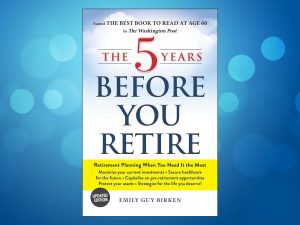BEST OF FRIENDS
I learned ASL so that I could communicate with my neighbour and best friend who has become deaf. She’s nervous about going out in public alone so I’ve been going with her. She’s not been well but won’t go to the doctor without me because he doesn’t understand what she’s trying to tell him. Is that okay?
Firstly… let me say that your neighbour is fortunate to have such a good and caring friend. While sign language is said to be one of the easiest languages to learn, it takes both time and dedication to actually do it. Your presence will make it a lot easier for her to gain confidence and share in community activities. The fact that she’s asked you to go to the doctor shows both her trust in you and the challenges the deaf community has communicating to health care providers. Please go with her if you can.
BTW: Research shows that people who are deaf make less visits to primary care health providers and make more visits to the emergency rooms. Suggested reasons are lack of proper access healthcare education, diagnosis, and treatment information puts people who are deaf at higher risk.

DRESSED FOR SUCCESS NO MORE
Our Mum, who was always well groomed, now refuses to bathe or change her clothes. The retirement residence has alerted me but I’m not sure what to do about it. They have no helpful advice?
Poor grooming can be a sign of other things going on. Know that it is not uncommon for one’s senses to degrade with age. Many older adults witness a decline in their sight, taste, hearing, and smelling capabilities due to age, making them unaware of their declining hygiene. There may be other reasons such as lack of energy, loss of cognitive abilities, depression or loss of continence that may be in play as well.
Its best to chat with retirement home staff and, without embarrassing your mum ask them to help you be on the lookout for signs like body odor, soiled clothes, and bad breath and encourage bathing and laundry etc. Start by reminding mum to wash her hands before and after meals or after using the toilet. Make it more comfortable by providing amenities, nice soaps and cleansers in a pretty bag. Keep clean clothes in easy reach.

IS IT LONG COVID?
Several of my aunts think they have Long COVID. Is there a way to diagnose it?
Studies are showing that 1 in 3 individuals who come into contact with COVID19 will go on to develop long term symptoms. According to the Government of Canada website, Long COVID symptoms, lasting more than 12 weeks, include the following: fatigue, memory problems, insomnia, shortness of breath, pain and discomfort, difficulty with concentration, anxiety and depression and/or PTSD. While it can be difficult to determine, it is very important to receive a diagnosis from your family doctor or qualified healthcare professional.













